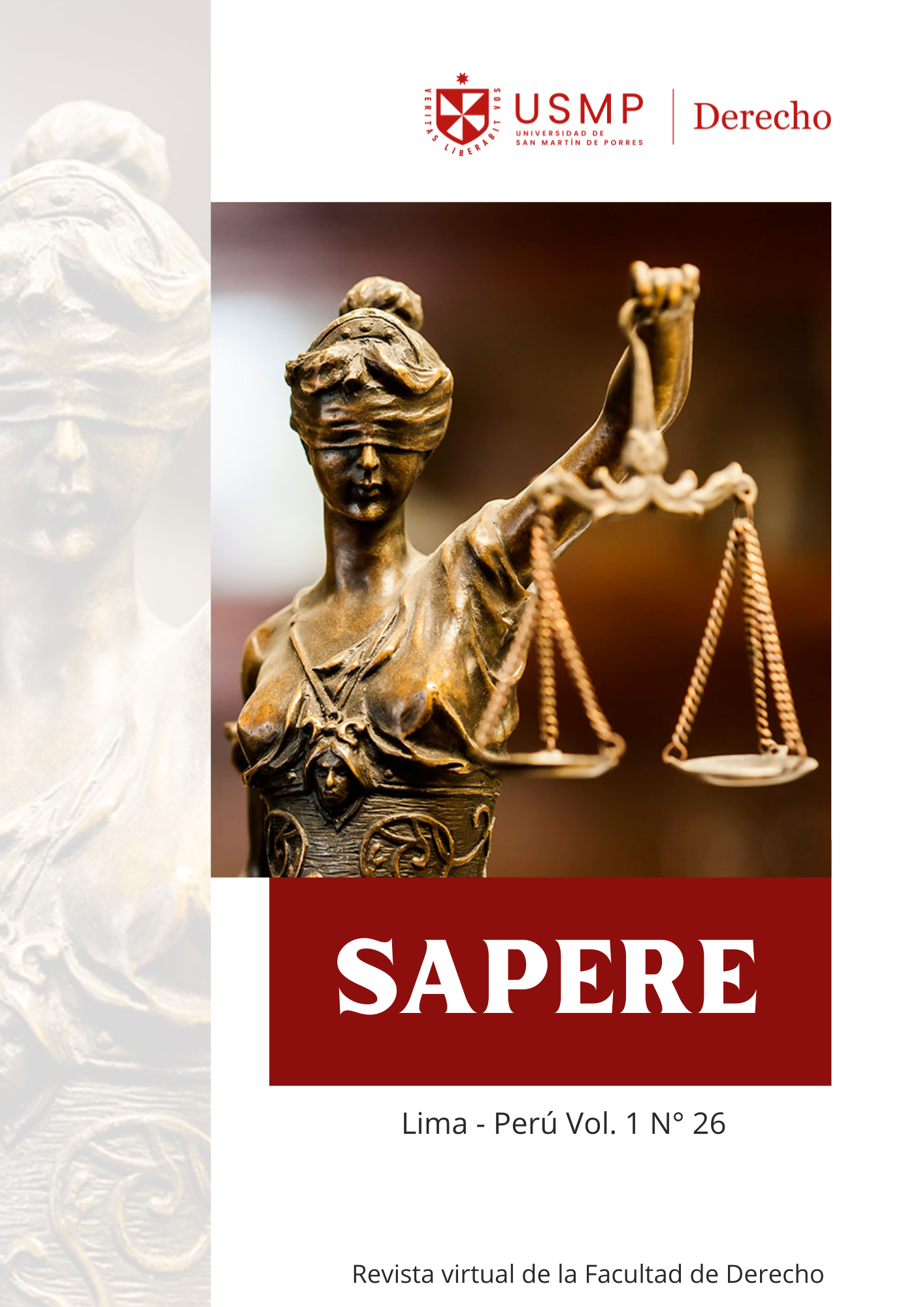THE ABSENCE OF THE PERUVIAN STATE AND THE VIOLATION OF HUMAN RIGHTS IN INDIGENOUS COMMUNITIES IN THE LAST 5 YEARS
Abstract
The absence of the Peruvian state in indigenous communities has been a persistent concern in recent years, with serious implications for human rights and social justice. This lack of recognition of indigenous peoples as full rights-holders has resulted in significant violations, including racial discrimination and lack of access to civil and political rights. In this context, the question arises about the implication of this state absence and human rights violations in indigenous communities. To address this issue, specific objectives are proposed, including identifying barriers to informed community participation, assessing the causes and consequences of the lack of state presence, and proposing strategies to strengthen state attention in these communities. The theoretical, practical, methodological, and social justification supports the importance of addressing this issue comprehensively, recognizing cultural diversity and the specific needs of indigenous communities.


